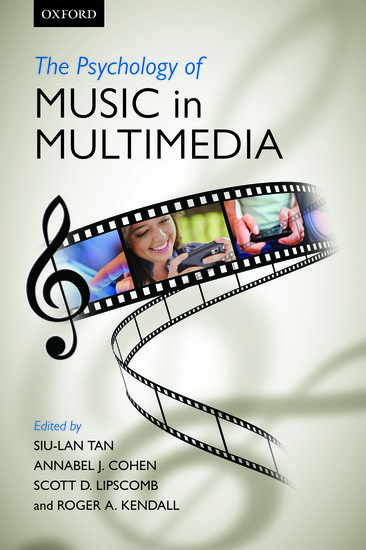How medical publishing can drive research and care
By Béla Büki
Benign paroxysmal positional vertigo (BPPV) is a very frequent cause of harmless but unpleasant vertigo and dizziness complaints. It is caused by dislodged otoconia floating into the semicircular canals, which measure angular accelerations of the head and initiate corrective eye movements during fast head movements. Otoconia are calcium-carbonate crystals functioning as weights in the miniature acceleration sensors in the inner ear, informing us about gravity and linear accelerations.








